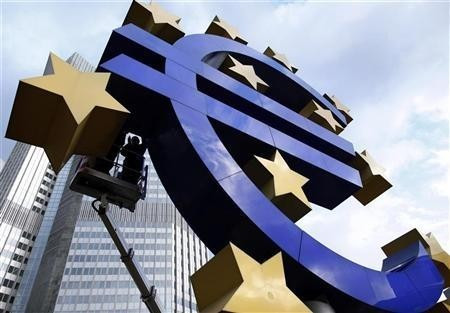Eurozone and IMF Agree on €10 Billion Bailout for Cyprus
The aid will help Cyprus to move out of bankruptcy.

The eurozone finance ministers and the International Monetary Fund (IMF) have agreed on a bailout package for cash-strapped Cyprus which would help the island nation to bring down its public debt to GDP ratio to 100 percent in 2020.
Under the deal reached after talks between the parties during the EU summit in Brussels, the country will receive €10bn (£7bn, $13bn) in an emergency lending programme.
Cyprus, which first applied for a bailout last summer, would have to trim its deficit, shrink its banking sector and increase taxes in return for the aid.
"The eurogroup was able to reach a political agreement with the Cypriot authorities on the cornerstones of this agreement," Eurogroup head Jeroen Dijsselbloem said after 10 hours of talks that lasted into Saturday morning.
"The assistance is warranted to safeguard financial stability in Cyprus and the eurozone as a whole.''
Cyprus' banks were hugely exposed to crisis-hit Greece, which had already received two bailout packages from the IMF and fellow eurozone members.
While the bailout package was smaller in comparison to those given to Greece and Ireland, it is considered vital for the eurozone, as a default even by a small country could lead to uncertainty in financial markets and hurt investor confidence across the euro area.
The economy of Cyprus accounts for less than 0.2 percent of the eurozone's annual economic output. Its bankruptcy danger was not imminent, as its next bond redemption is due in June.
As a condition for the package, some creditors also asked the country to accept a one-time levy of 10 percent on people with more than $130,600 in their Cypriot bank account in order to raise new revenues. However, the proposal is yet to be agreed.
The bailout package still requires approval from parliaments in several eurozone nations, but EU officials said that the formalities will be over by the end of the month.
© Copyright IBTimes 2025. All rights reserved.






















